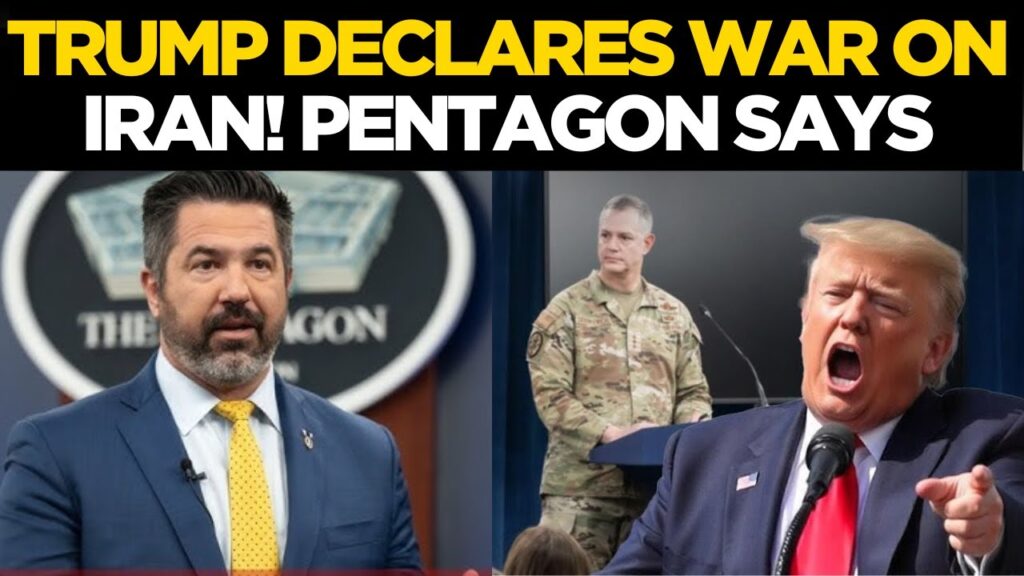
Introduction
The idea of a declaration of war, particularly involving a country as significant as Iran, is a topic of high importance in international relations and domestic politics. With tensions between the United States and Iran spiraling over the years, particularly during Donald Trump’s presidency, questions surrounding the legal and strategic implications of such a declaration continue to resonate. This article delves into the background leading to discussions about a potential war declaration and its implications.
Background on US-Iran Relations
U.S.-Iran relations have long been fraught with tension, stemming from historical events such as the 1979 Iranian Revolution and the subsequent hostage crisis. Under the Trump administration, relations deteriorated further after the U.S. withdrew from the Joint Comprehensive Plan of Action (JCPOA) in 2018, initiating a policy of maximum pressure against Iran. The subsequent increase in military presence in the region and targeted actions, including the assassination of Iranian military commander Qassem Soleimani in January 2020, heightened fears of potential military conflict.
Did Trump Declare War on Iran?
While there were numerous discussions and escalations during Trump’s presidency, he did not formally declare war on Iran. The U.S. Constitution stipulates that only Congress has the authority to declare war. Instead, Trump’s strategy focused on limiting Iran’s influence through economic sanctions and military threats. His administration emphasized a doomsday stance, often referring to catastrophic consequences for Iran without formally entering into war.
Recent Developments and Public Concerns
Recent events have reignited concerns regarding U.S.-Iran relations. The Biden administration has tried to navigate a path back to diplomacy concerning nuclear capabilities, though tensions remain high with incidents involving drone attacks and naval confrontations in the Persian Gulf. Public sentiment around military intervention remains split, with many Americans wary of entering extensive military conflicts after experiences in Iraq and Afghanistan.
Conclusion
In summary, while Donald Trump did not declare war on Iran, the geopolitical landscape he navigated was laden with tension that suggested militaristic approaches. The implications of his administration’s policies continue to affect present-day U.S.-Iran relations as the Biden administration works through diplomatic channels to ease hostilities. Keeping an eye on these developments will be crucial for understanding the larger implications for global security and U.S. foreign policy moving forward.



